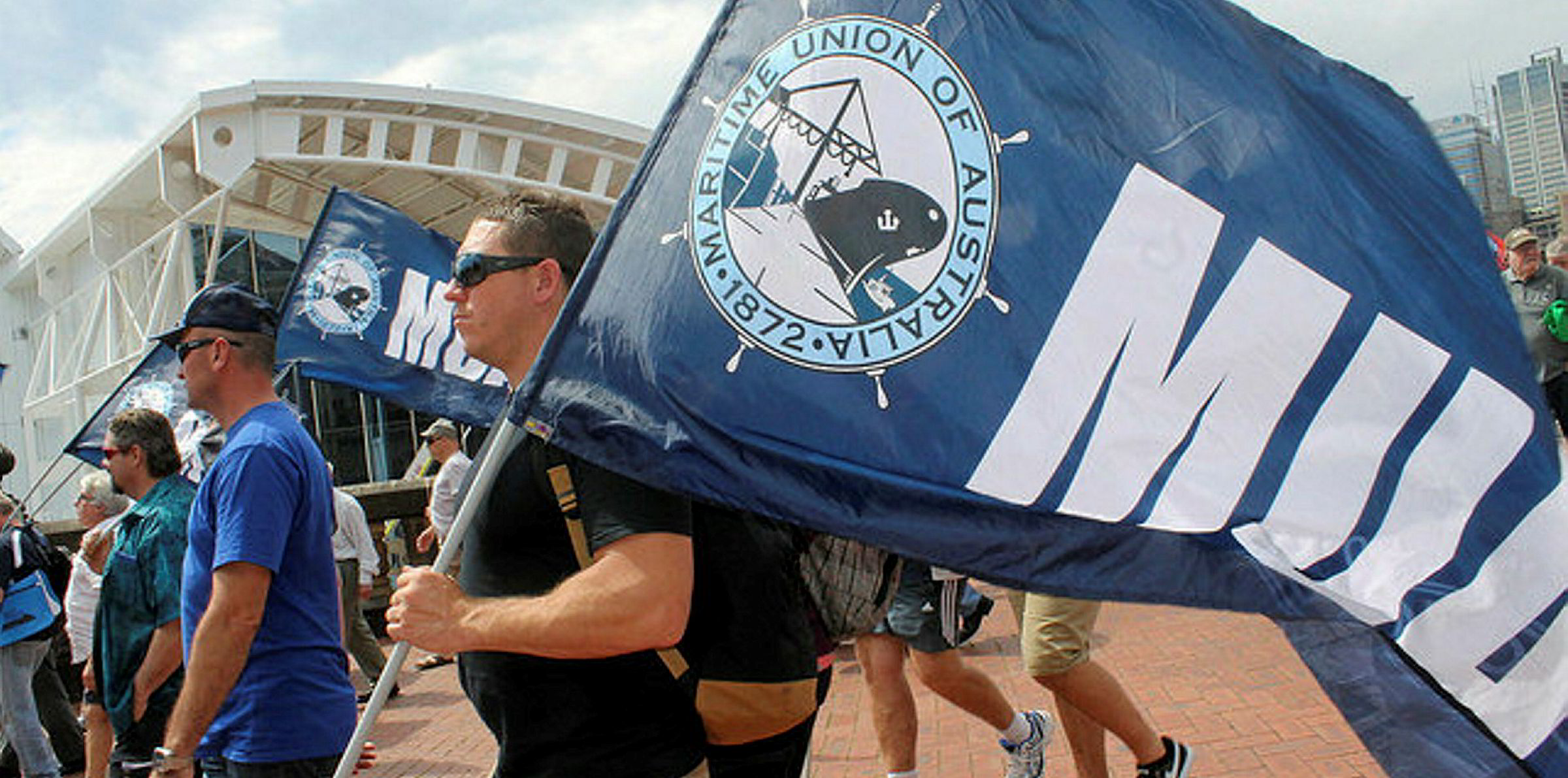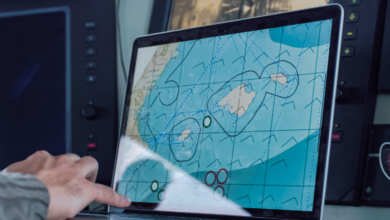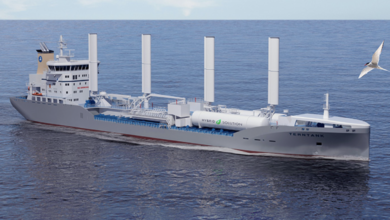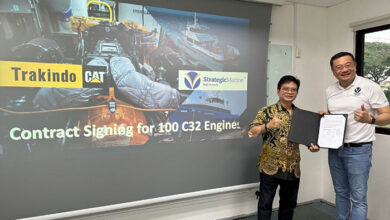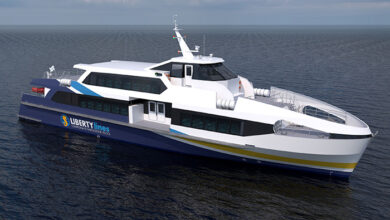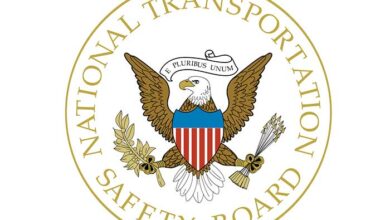ITF : Maersk’s Australian tug subsidiary abandons company’s global commitments to protect labour rights
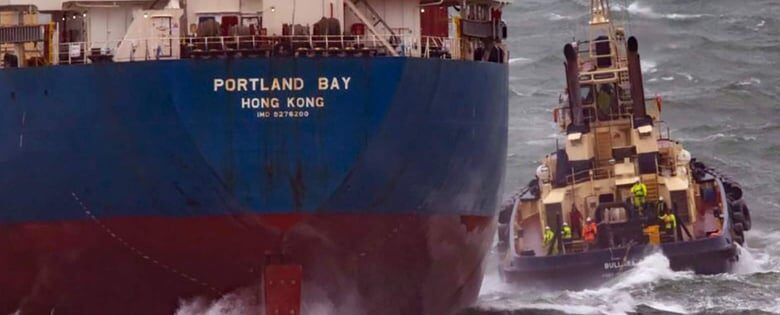
After nearly four years of negotiations between three Australian unions and local Svitzer management, the tug subsidiary of global maritime and logistics behemoth AP Moller Maersk has abandoned principles on respecting fundamental labour rights and constructive employee relations by imposing a lockout of its entire Australian workforce, effective Friday.
This indefinite lockout would put nearly 600 crew members out of work during critical economic inequality: crews face a rising cost of living, while the AP Moller Maersk group sees record profits.
Svitzer’s Safety and Sustainability policy states that the company “is anchored in the Maersk Group’s core values and code of conduct”.

The environmental, social, and corporate governance (ESG) commitments made by the Maersk group in Maersk’s Sustainability Report, 2021 promises, “Constructive employee relations can only exist by respecting the rights to freedom of association and collective bargaining, which means actively engaging with trade unions”.
The lock out of crew members, represented by the Maritime Union of Australia (MUA), the Australian Institute of Marine and Power Engineers (AIMPE) and the Australian Maritime Officers (AMOU), directly undermines the collective bargaining process and proper social dialogue.
This is not the first instance of Svitzer Australia’s defiance of Maersk principles. Earlier this year, the company applied to Australia’s Fair Work Commission to terminate the collective bargaining agreement covering its entire Australian workforce, pushing crew onto the legal minimum award conditions: slashing wages 47%, reducing safety standards, including minimum crewing numbers, and casualising secure jobs.
Svitzer Australia claims these steps are in an attempt to “remove restrictive work practices”. The global labour movement has challenged time and time again the insecurity, lack of safety, and economic instability of non-standard forms of employment for both workers and companies.
In a statement regarding the lockout, Managing Director of Svitzer Australia Nicolaj Noes noted, “We remain a committed employer that provides well-paying, highly regarded, Australian maritime jobs.
We are only seeking to make common-sense changes that are necessary for Svitzer to operate and compete effectively and, in-turn, protect jobs”. This goal can only be realised by continuing to engage with dialogue with unions and honouring fundamental labour rights.
Svitzer senior management in the UK have proven that constructive, good faith negotiations and engagement with unions result in solutions. Unite the Union secured improved pay and conditions when both parties came to the table. This process must be the model for Svitzer operations across the world.
As Svitzer turns to its workforce to update their company principles, the actions being taken in Australia cannot be the foundation for employee relations. Svitzer Australia’s aggressive decision has consequences on Maersk Group’s operations globally.
The ITF, ITF Maersk Network, and our global affiliate family call on Svitzer Australia and AP Moller Maersk to immediately cease the lockout and to act consistently with the values and respect for labour rights professed in their Group Sustainability Report 2021.


